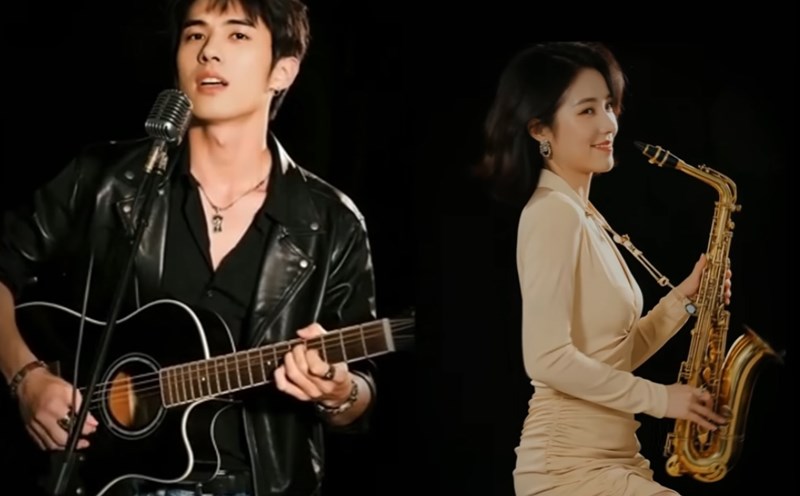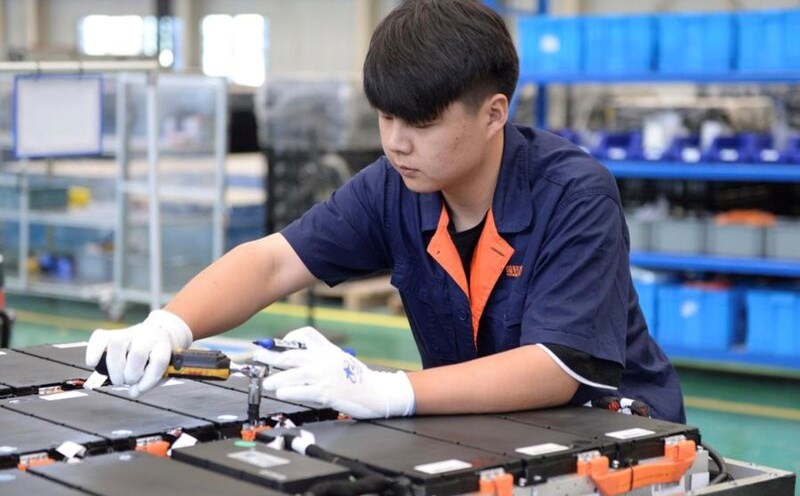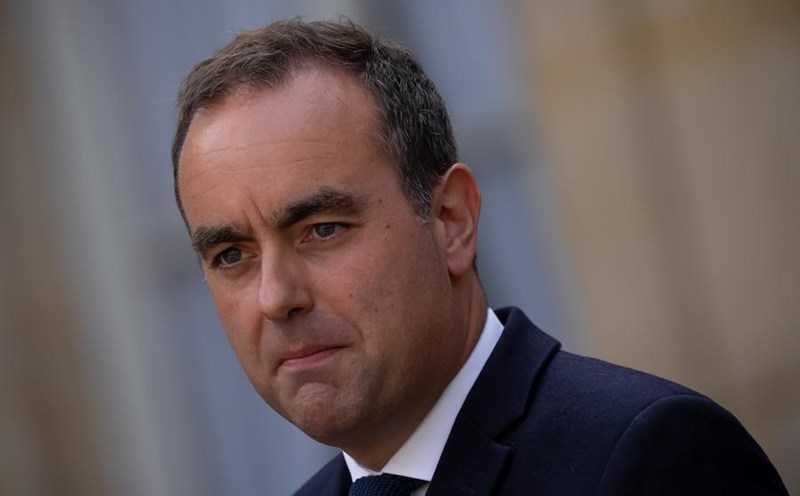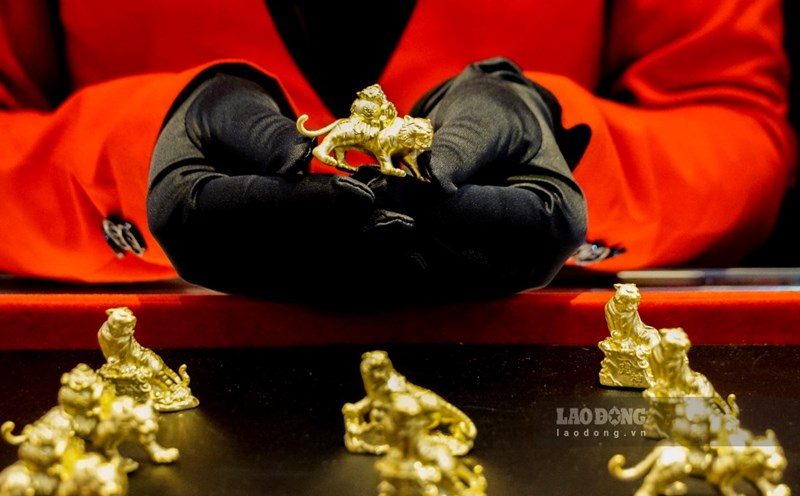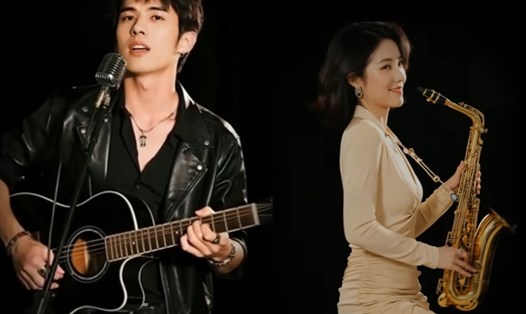Controversy over copyright and music ownership
Many music platforms and applications around the world have published music written by AI, creating melodies in just a few minutes.
In particular, voice synthesis technology allows AI to "transform" into many different styles, from pop, ballad to rap, even simulating famous singers. Just give more detailed fields (prompt), the more AI will create compositions and perform songs that are more suitable to users' wishes.
This surprised many audiences when it was difficult to distinguish between a real voice and a virtual voice.
Tools like Suno or Udio are likened to ChatGPT in the music industry. However, this explosion has also led to legal controversies.
Three major record labels, Sony Music Entertainment, Universal Music Group (UMG) and Warner Records, have sued Suno and Udio for copyright infringement, accusing AI startups of illegally using recordings to train models.
In 2023, the song Heart on my sleeve created with fake AI voices of Drake and The Weeknd was removed from platforms after UMG objected.
Notably, the song sung by AI reached more than 15 million streams on TikTok, 625,000 streams on Spotify and more than 230,000 streams on YouTube in just a few hours before being removed.
Some world artists have spoken out against their voices being used by AI to sing without permission. People reported in March this year that Celine Dion criticized AI-generated music, saying that it used the singer's voice without permission.
In an Instagram post on March 7, the 5-time Grammy winner criticized AI-generated music for using her voice and impersonating it as being performed by her.
On many streaming platforms, many low-quality AI songs have appeared or are being exploited to "circumvent the rules" to make money from listening and watching. According to The Guardian, Deezer discovered that up to 70% of AI music listening is a scam.
According to The Guardian in April last year, more than 200 famous musicians - from Billie Eilish, J Balvin, Nicki Minaj to Stevie Wonder, REM and representative of Frank Sinatra, Bob Marley - signed an open letter protesting AI copying singing and artist images.

The letter was initiated by the artist Rights Alliance movement, calling on technology companies not to develop AI that weakens or replaces humans in music.
Risks and opportunities for the music industry
In the world, the explosion of AI music creators is posing risks and opportunities for the music industry. Oliver McCann, 37, was originally an image and sound designer who was not familiar with music, but one of the songs he created using AI reached 3 million streams, helping him sign a contract with independent record label Hallwood Media.
In Korea, virtual music group Mave debuted with a lineup of 4 members: Siu, Zena, Tyra and Marty with the ability to sing, dance, and answer interviews like real people.
Japan's virtual singer Hatsune Miku is considered an icon. Nomura Research Institute estimates that from August 2008 to March 2012, Hatsune Miku brought in more than 10 trillion yen. Revenue includes products derived from Hatsune Miku music discs such as: games, promotional videos, souvenirs.
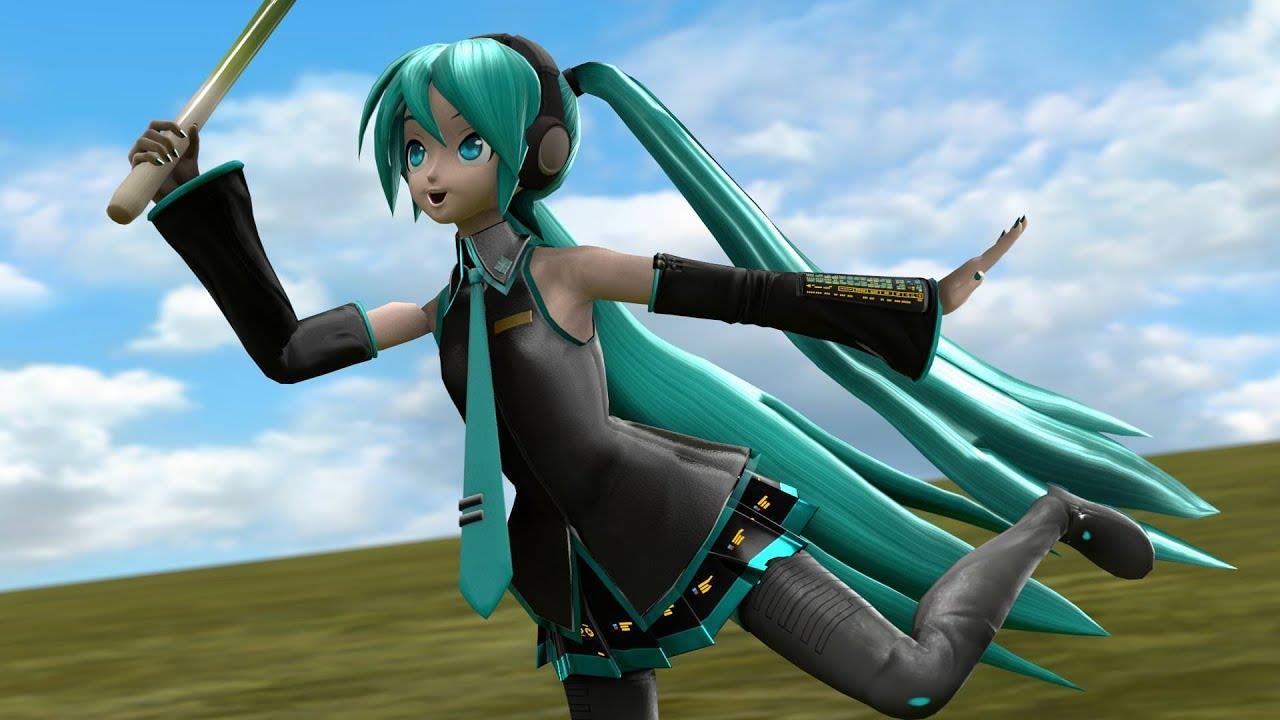
According to experts, AI helps save time and inspire creative ideas, but music is inherently associated with human emotions and experiences, so it is difficult for technology to completely replace real artists. There needs to be a clearer legal framework on copyright for AI-produced music and AI singers, especially when AI impersonates human voices or their own styles. In addition, it is also necessary to clearly label "AI Music / AI Voice" so that listeners know the nature of the work, avoid confusion and deception.



